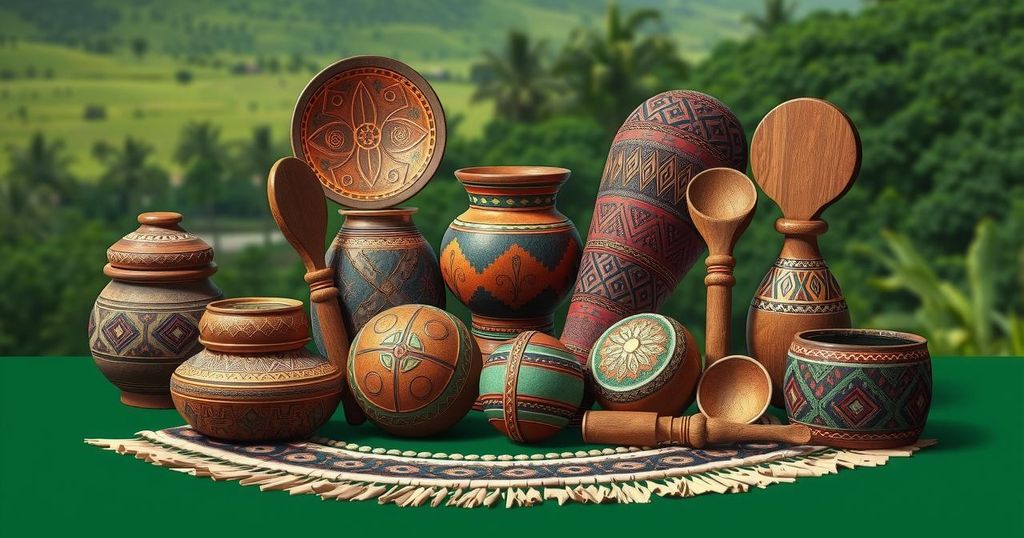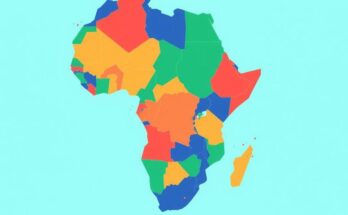Solomon Weawea, Executive Director of LNHCDA, has raised critical inquiries regarding the historical recognition of the Mandingo and Fula tribes in Liberia. He questions the narrative surrounding Sao Boso Kamara, suggesting he should be recognized as the first president of Liberia. Weawea’s efforts aim to address the gaps in historical documentation and emphasize the contributions of indigenous communities.
In a recent discourse, Solomon Weawea, the Executive Director of the Liberia National Heritage and Culture Development Association (LNHCDA), has initiated important discussions regarding the historical presence of the Mandingo and Fula tribes in Liberia. Weawea highlighted that despite Liberia being composed of 16 tribes, neither a designated headquarters exists for the Mandingo tribe nor are the Fula listed among the officially recognized tribes, reflecting significant gaps in the country’s recognition framework.
Moreover, Weawea critically examined the historical narrative of the prominent leader, Sao Boso Kamara. He posed essential questions about Kamara’s identity as Liberia’s first president, the lineage of his family, and the extent of his historical influence, including inquiries about his pilgrimage to Saudi Arabia, thereby challenging established historical accounts regarding Liberia’s formation.
Sao Boso Kamara, notable for his leadership within the Mandingo community and his clerical role in the early 19th century, played a pivotal part in the Condo Confederation. His leadership contributed to unifying various ethnic groups such as the Mandingo, Lorma, and Gbandi, enhancing trade connections between Liberia’s interior and coastal regions while fostering peaceful ties between settlers and indigenous communities.
Weawea’s assertion that Kamara should be viewed as “Liberia’s first president” directly contrasts with the long-standing belief that Joseph Jenkins Roberts held that title. This perspective encourages a reevaluation of the significance of indigenous figures like Kamara in Liberia’s socio-political history.
Weawea’s inquiries extend to the underrepresented historical accounts of the Mandingo tribe, prompting a search for answers about their influence and standing, especially concerning their historical capital. His remarks advocate for a deeper examination of Liberia’s accounts to rectify these historical disparities.
Through his inquiries, Weawea encourages a broader investigation into Liberia’s past. He aims to give recognition to the invaluable contributions of indigenous leaders and communities while also emphasizing the importance of preserving a diverse and rich cultural heritage. “We decoded a missing piece of Liberian history and more,” Weawea noted, underscoring the LNHCDA’s commitment to illuminating lesser-known historical narratives.
In summary, Solomon Weawea has initiated a significant discourse on the historical recognition of the Mandingo and Fula tribes, alongside the legacy of Sao Boso Kamara. His inquiries reveal substantial gaps within Liberia’s historical documentation regarding tribal representation and leadership. By challenging conventional historical narratives, Weawea advocates for a fresh examination of Liberia’s past, aiming to honor the contributions of its indigenous peoples and ensure their recognition in the nation’s history.
Original Source: frontpageafricaonline.com




